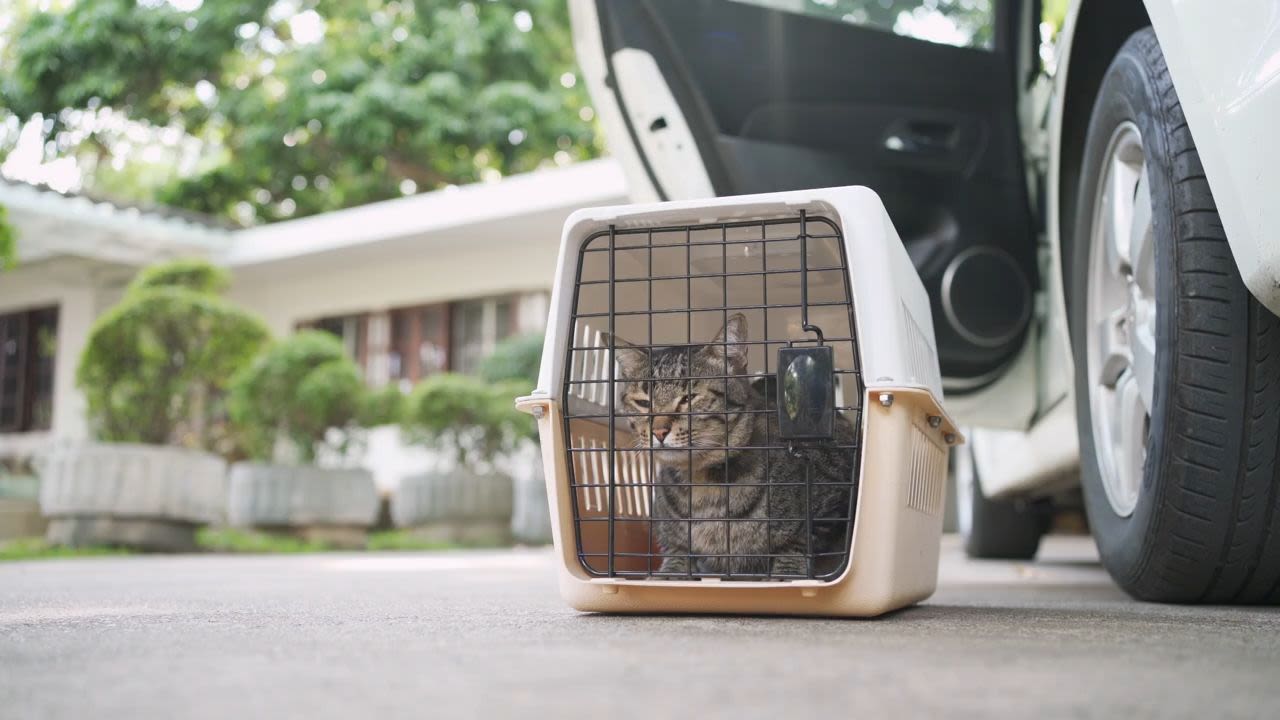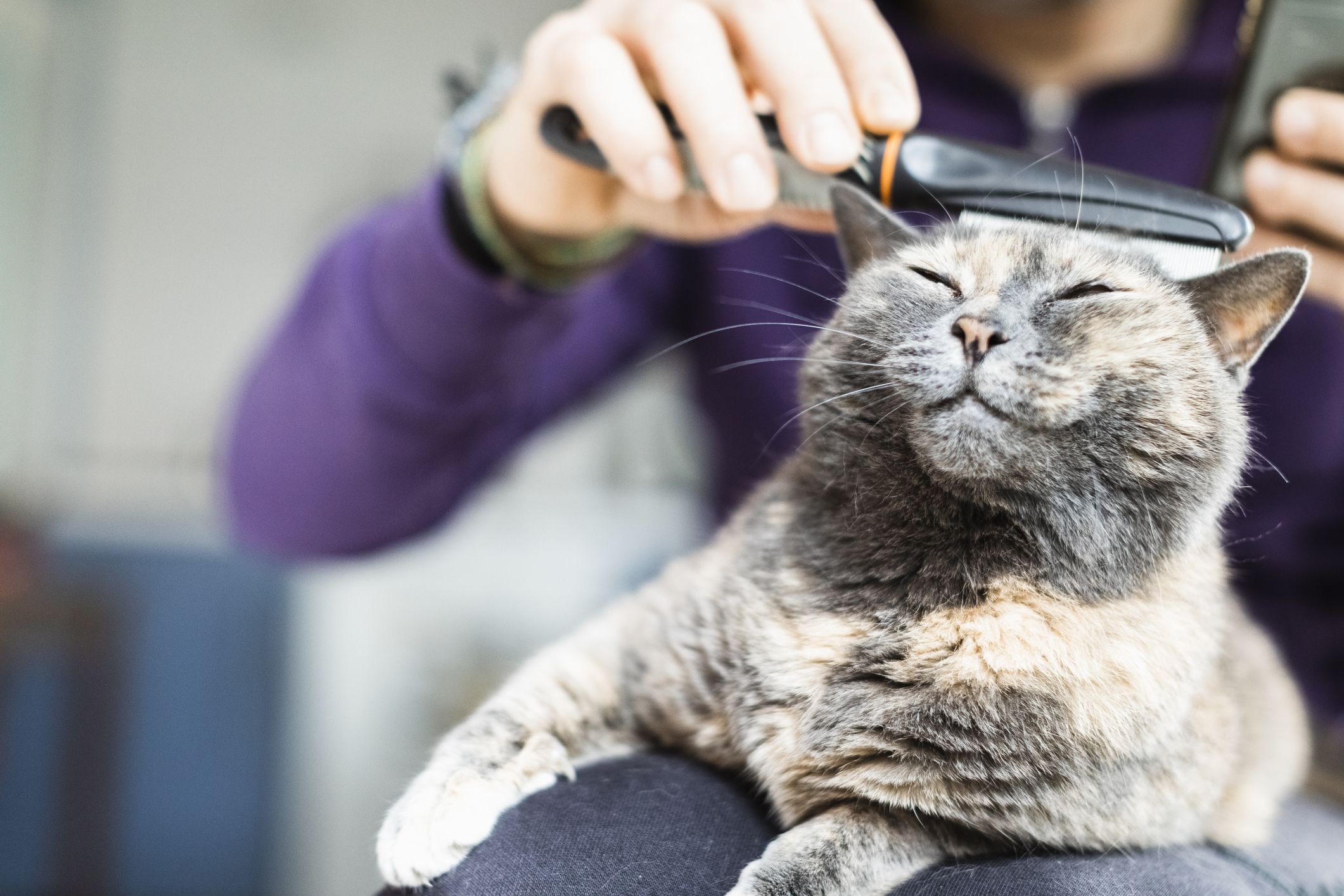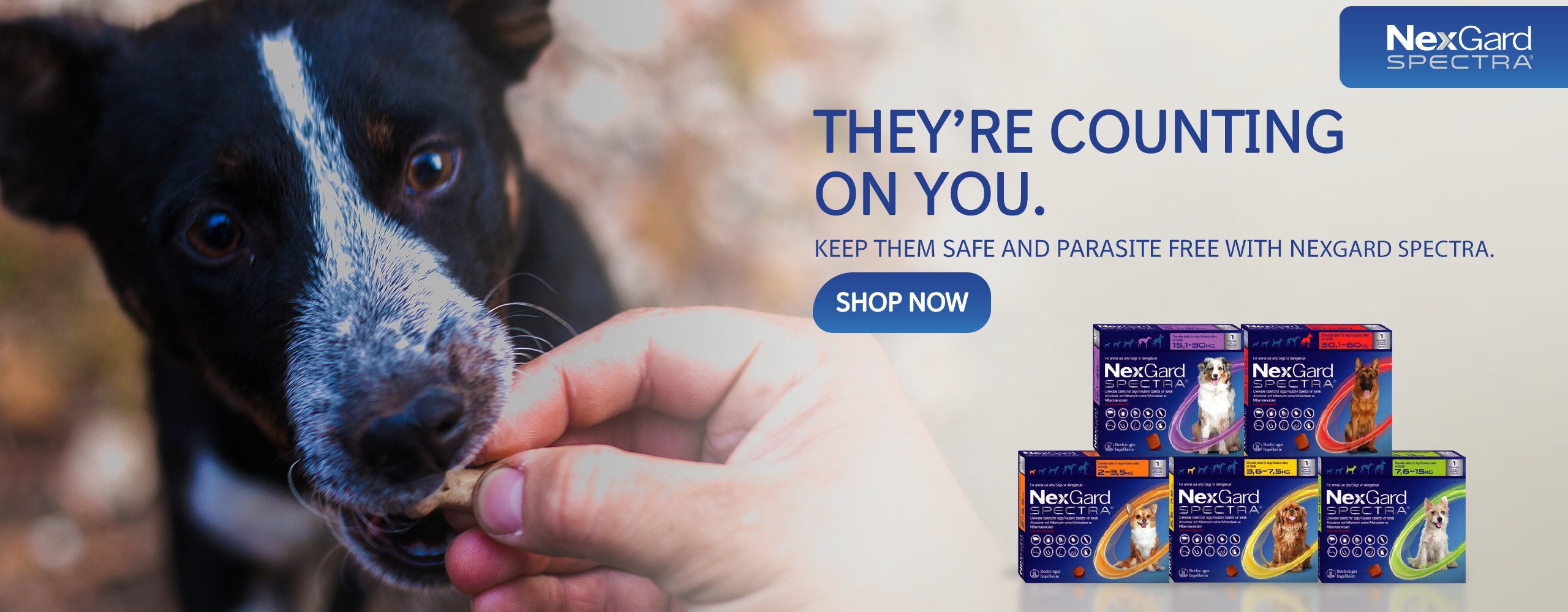Welcome your furry friend home with confidence
Getting a new pet? Here's a handy health checklist for your new family member.

Bringing a new family home can be stressful; especially when the two of you speak different languages. There’s no telling what each meow or whine could mean, but there are a few things to look out for, to ensure that your new furry friend is happy and healthy.
We reached out to the professionals at Boehringer Ingelheim Animal Health South Africa to find out which health indicators you should keep in mind, when adopting a new four-legged friend.
They suggest that when bringing home any new furry friend, a visit to your local vet should be a standard stop before heading home. The vet will be able to examine your new fur-baby to assess their health.
Other checks to keep in mind, especially while your pet adjusts to its new home, include:
Checking if all vaccinations are up to date
Your vet is your number one ally in ensuring your pet's vaccinations are up to date. If the pet doesn’t have papers to assure that they are, the vet will assist you in starting the vaccination process and will let you know when to bring them in for their next booster shot.
Regularly checking for ticks, fleas, or mites
They might not be easy to spot at first glance, but it’s important to check your puppy or kitten's coat regularly for any ticks and fleas. To help manage and prevent them you can wash your pet with a preventative shampoo or give them tick and flea control chewable meds, like NexGard.
Deworming your pet
Worms are common in puppies who often pick up worms from their litter-mates, or even the environment. Be sure to check for any signs of worm-burden, such as scooting on their rear-end or diarrhoea. If your pet is exhibiting these signs visit your local vet to determine where your fur-baby may have contracted worms.

Being aware of their scratching habits
While animals, like the rest of us, are prone to the occasional and isolated itch, if scratching becomes habitual and frequent or intense, it’s likely due to more than just a little tickle. If your furry friend is showing any signs of itchiness, especially a persistent itch, they may have picked up an external parasite or could be suffering from an allergy. In this case, your pet will need professional intervention. Visit your vet for treatment.
Keeping an eye out for diarrhoea or vomiting
Digestive issues are common in young pets, particularly puppies. This can be caused by anything ranging from the adjustment to a new home environment, or a change of diet - but could also be a symptom of something serious like viruses or bacteria affecting the gut. If your new four-legged housemate is experiencing diarrhoea or vomiting, it’s best to take them to the vet to ensure they are treated correctly.
Looking out for any signs of malnutrition
Most new pet parents worry about over or under-feeding their new friend. Luckily there are plenty of online charts to help you assess what your pet should be eating, specific to their age and weight. Signs your pet may be malnourished include poor weight gain, or a dull, dry coat. Avoid the stress by consulting your vet when bringing your pet home, to get clued up on how to best feed them for optimum health and happiness.

When in doubt, the vet is always the best bet, but these tips will be sure to have you on top of your game when welcoming home the latest addition to your family home.



